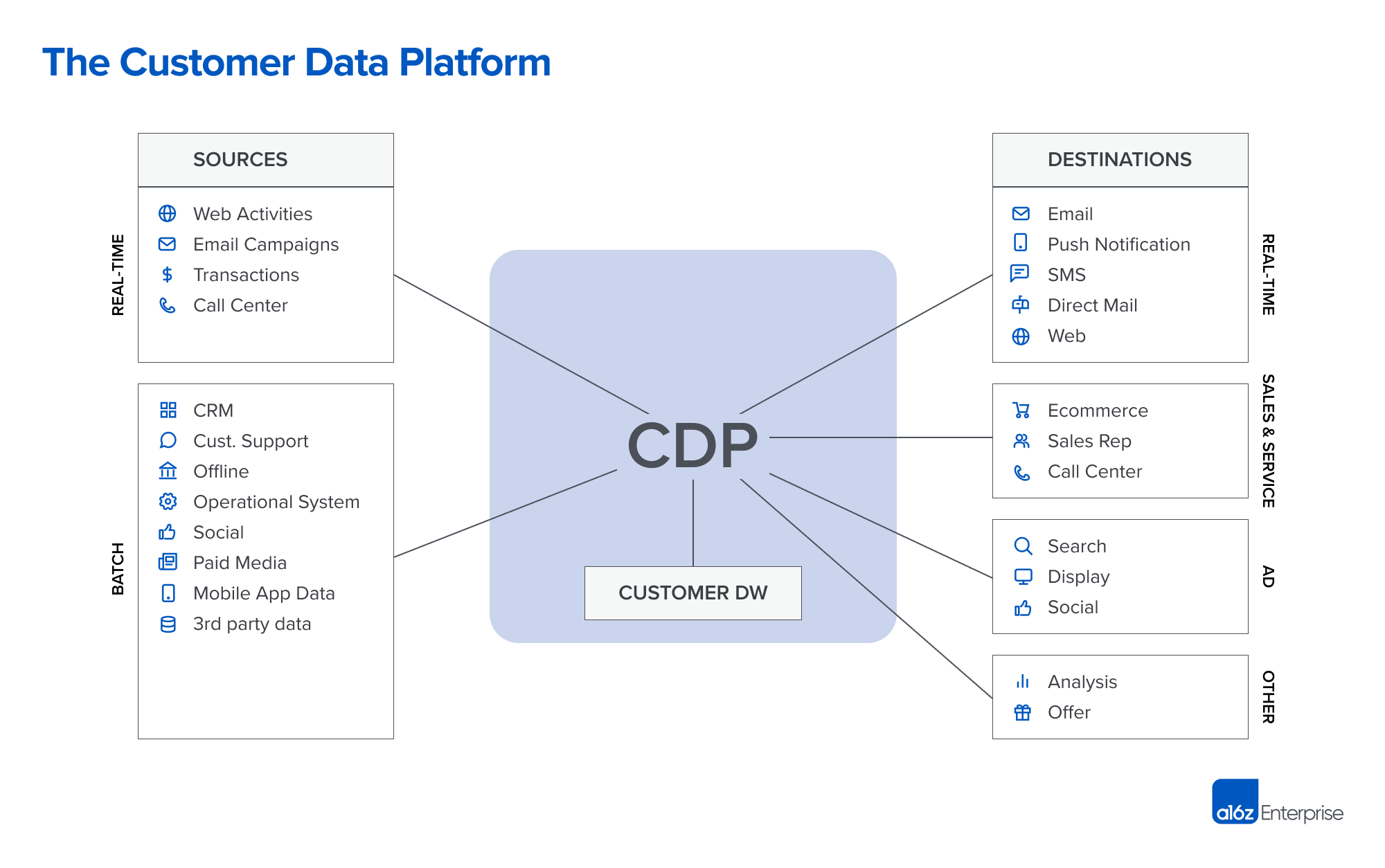High Data Quality is Essential to Unleash AI’s Potential
AI-generated creative and content is being produced at a fever pitch, and with extraordinary results. However, AI also offers an additional business opportunity when implemented within the enterprise. The key to unlocking this value is understanding that data health and management when combined with AI will lead to stronger ROI and business outcomes.

(This is part two of a three-part series examining the importance of Artificial Intelligence and data to marketers. You can read part one here, part three here.)
Brands focused on hyper-personalization and customer lifetime value see the promise behind integrating AI into their processes: in the next two-to-three years, brands will be able build stronger connections with customers by customizing marketing campaigns at the human level as opposed to a segment or persona level.
Through customer insights and data, AI enhances ad relevance and creates better customer experiences. Machine learning helps analyze audience behavior and message resonance for effective targeting. AI-generated ads leverage past performance data, resulting in higher conversion rates. By analyzing large amounts of data, AI provides accurate forecasts and insights, helping businesses make impactful advertising decisions. Additionally, AI optimizes ad performance across platforms, offering recommendations for better results.
In the dynamic marketing landscape, AI allows marketers to predict audience behaviors and generate targeted, one-to-one messages towards them. In order to realize this vision, brands need to establish a strong data strategy with a data-centric AI lens, a modern marketing technology stack, and robust data models.
Answering business questions through data-centric AI
Data-centric AI is about more than just collecting data—it prioritizes data quality and organization to answer specific business questions. Consider this example: imagine an online retailer wants to understand which marketing channels are most effective in driving sales.
By implementing a data-centric AI approach, Marketers can organize their data to connect customer purchase information with various marketing campaigns, such as email promotions, social media ads, and search engine marketing. With traditional data analysis, they could determine correlations between specific campaigns and sales.
Data-centric AI takes this one step further by augmenting the existing data set through predictive analytics, creating models that predict how different customer segments are likely to respond to specific marketing channels or campaigns.
These models can now identify the most effective marketing channels for different customer segments, allocate their resources more efficiently, and personalize their marketing efforts to maximize sales. This approach enables them to understand customer behavior and optimize their marketing strategies using the power of AI and data.
A data-centric approach doesn’t mean having all the data, but the right data - collected, organized, cleaned, and available to be leveraged. Customer Data Platforms (CDPs) are one collection of tools that enable these processes.
As they exist today, CDPs focus on customer data and generally don't include "potential customers" aka the total market or total audience.
The modern marketing technology stack
Early adopters of CDPs have come to discover the limitations of standalone, or integrated, CDPs, having implemented certain ones only to find them limited to a set of use cases or encountering challenges when scaling to new data sources as the business’ tech stack grows.
This has given way to the concept of the composable customer data platform. A composable CDP is one that deploys best-of-breed products and applications as they are required in order to maintain flexibility and scalability according to the needs of the organization.
A CDP shines when there's a complex marketing ecosystem, a desire for tailored functionalities and integrations, and a need to adapt to changing marketing strategies and technologies.
Most importantly, they allow marketers to evolve in an agile way as their use cases move up the personalization maturity curve and ensure ROI on the data investment along the way, keeping both costs and technical debt in check.
CDPs are the supporting structure of your data strategy, their foundation and strength lies in your data model. More generally, a CDP is a use-case centric data warehouse (or lakehouse).

A data model to power marketing workflows
Being a customer-centric marketer means being data-centric and it’s easy to get overwhelmed by the vast amounts of data flowing into the company from various sources such as websites, mobile apps, CRM systems, email platforms, social media, point-of-sale systems, and more. That’s why it’s critical to have a thoughtful data model and schema to serve as a blueprint to the data entities, their attributes, and the relationships between them. That responsibility typically falls to IT who may not have a deep understanding of marketing’s needs and use cases. Having a counterpart who understands end-to-end marketing workflows is critical to the successful design and execution of a marketing-centric data strategy.
A data partner to CMOs
With the creation of our new Plus Intelligence team, Plus Company now offers a Data Team as a Service (DTaaS) to support CMOs and their marketing-centric needs, which are often underserved by CIOs and IT.
DTaaS is a full-stack data and intelligence team that can design, build and operate scaled data tools and processes to enable businesses to succeed with their data strategy.
The DTaaS approach includes the development of a data strategy and vision, a plan to transition out of legacy business intelligence systems, the creation of a data infrastructure roadmap, and an implementation plan.
Additionally, the team integrates machine learning and AI to optimize marketing operations focussed on the customer journey.
Case Study: Unlocking growth with Data & AI
In collaboration with our new partner, Brooklyn Data Company, DTaaS was recently deployed in an American multi-brand hospitality and gaming corporation that wanted to unlock growth through improved acquisition, retention and loyalty program usage.
With different systems designed to support each channel, the company had 85+ IT systems that needed to be integrated in order to achieve a 360-degree customer view.
With guidance from the executive team using a data-centric lens, DTaaS' mandate was to gain a clearer understanding of the platforms, people, and capabilities required to set the foundation for the company’s future state digital ecosystem.
Through a series of workshops and hands-on assessment, the DTaaS team prioritized the company’s marketing use cases across segmentation, personalization and orchestration that would quickly yield a positive ROI. They further identified data infrastructure improvements to centralize and normalize the data, and built a Martech roadmap that addressed how to leverage existing, underutilized technologies in addition to making a CDP vendor recommendation.
The multi-year roadmap includes data augmentation tactics that will lean on new tools and AI in service of more advanced marketing use cases.
Finally, recognizing the role of people, the recommendations included the addition of key Marketing Operations and Data roles to the organization as well as data-literacy training across teams focused on data skills, tool usage, analysis, and decisioning.
Share